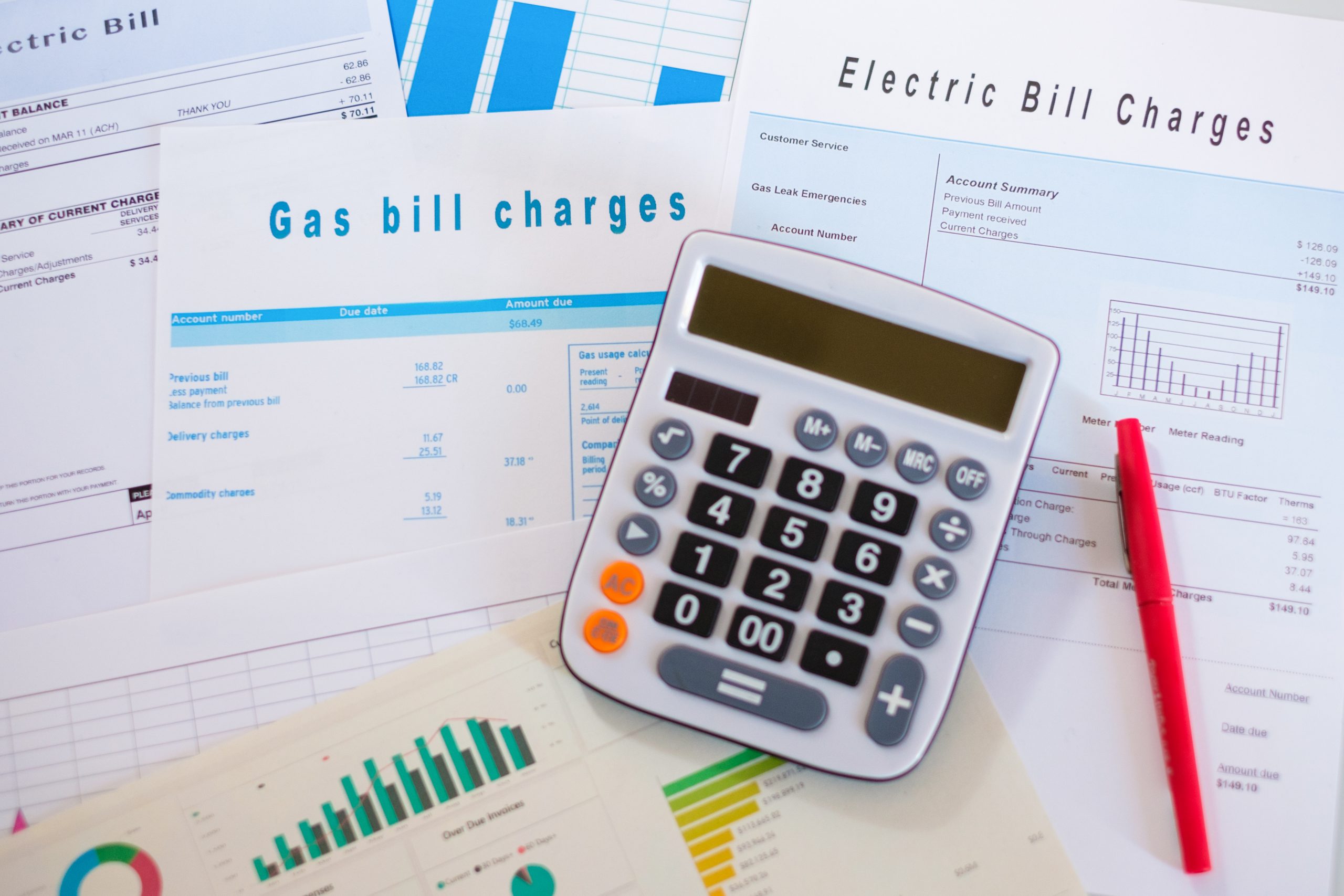Household Bills
Energy bills could rocket further

Bill payers are already bracing themselves for the energy price hikes coming into effect from April. But today, a consultation has launched which could see bills rise further and faster.
Millions of customers are now worried about covering their bills after the energy price cap was raised by nearly £700, taking average annual default tariff bills close to the £2,000 mark.
While the energy price cap rise was expected, the energy regulator, Ofgem, has today published a consultation looking at whether changes to the methodology of the price cap are necessary.
It is proposing to review the energy price cap four times a year, rather than the current two.
Essentially, this could mean billpayers see higher energy prices in the coming months as Ofgem attempts to balance the unprecedented rise in wholesale market prices facing suppliers, with the need to ensure customers pay a fair price.
Equally, if wholesale costs were to come down, then bills could also be expected to fall at a quicker pace.
The document stated: “We are today launching a policy consultation on changes to be implemented by October 2022 to include a specific allowance for backwardation costs in excess of historical basis risks, a shortening of the implementation period to reduce volume risks and further consideration of the costs and benefits of a quarterly update and a price cap contract against a strengthened version of the existing six-monthly update.”
Mark Bennett, energy expert at energyhelpline.com: “Last year’s wholesale energy price crisis, which saw costs increase nearly ten-fold by December, really caught the industry unawares, resulting in 29 suppliers either going out of business or entering administration.
“Ofgem has reacted by making a series of changes to the price cap methodology, which means that from April and in times of significant upheaval, the price cap can be amended outside of the normal price cap cycle. In theory this would work both when wholesale prices are rapidly increasing, as well as when they are tumbling.
“Further to that, they are proposing to increase the frequency of the cap to four times a year, in order to better alignment to market changes, and will consult on that with the aim of having it in place by October.
“This should mean that consumers are less likely to feel steep rises in their energy prices like they will see in April, and benefit sooner when wholesale prices reduce.”